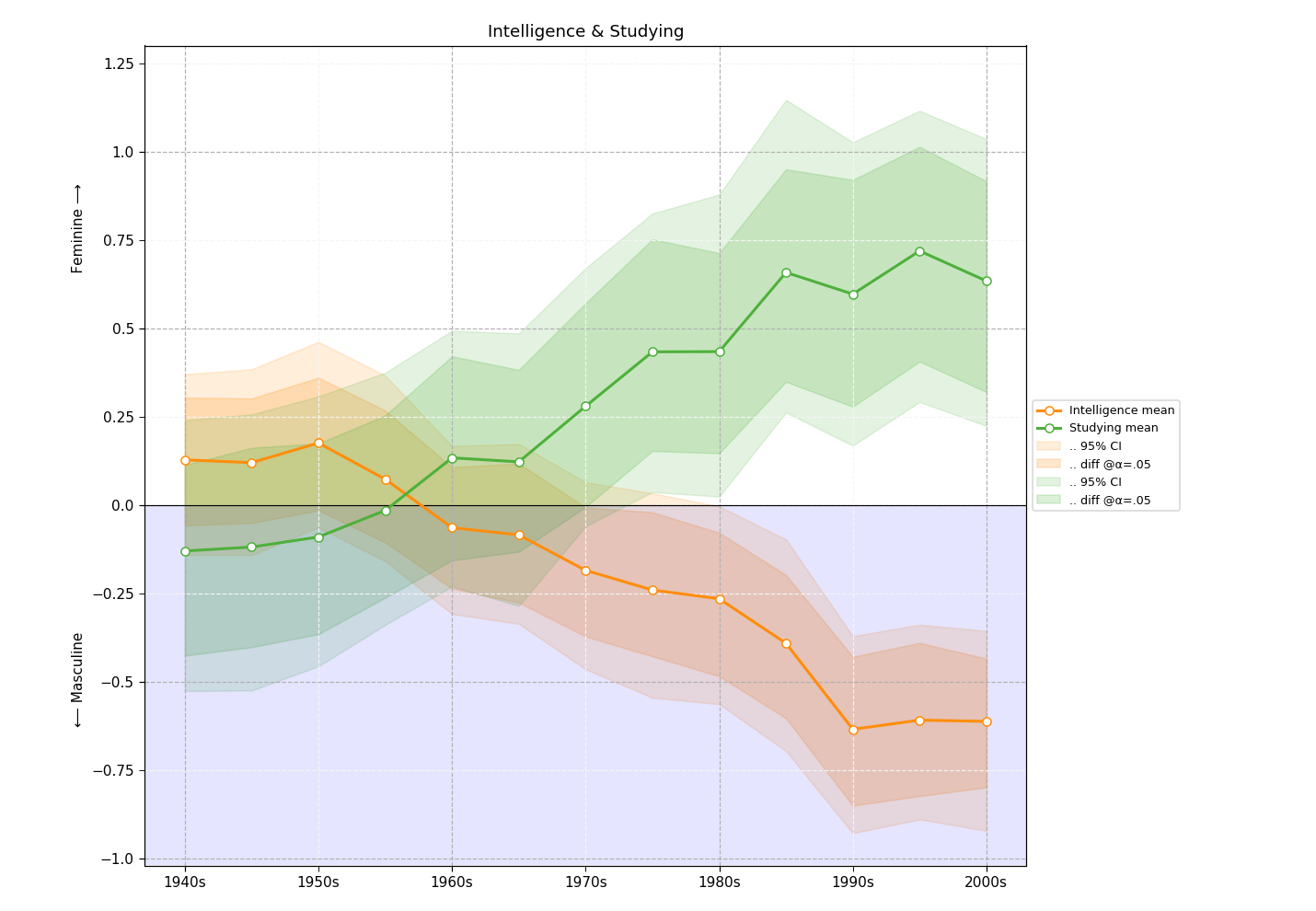Cultural systems are fundamentally structural phenomena, defined by patterns of relations between elements of public representations and individual behaviors and cognitions. However, because such systems are difficult to capture with traditional empirical approaches, they usually remain understudied. In my work, I draw on network analysis, statistics, and computer science to create novel approaches to such analyses, and on cognitive science to theorize the objects of these investigations. Broader questions that interest me are: how are different cultural elements interrelated with one another? What is the relationship between public cultural representations and individual cognition and behavior? And how can we capture the structure of these interrelationships across large social and time scales? Methodologically, I am currently focused no developing applications of word embeddings and other natural language processing methods to sociological questions about cultural change.

